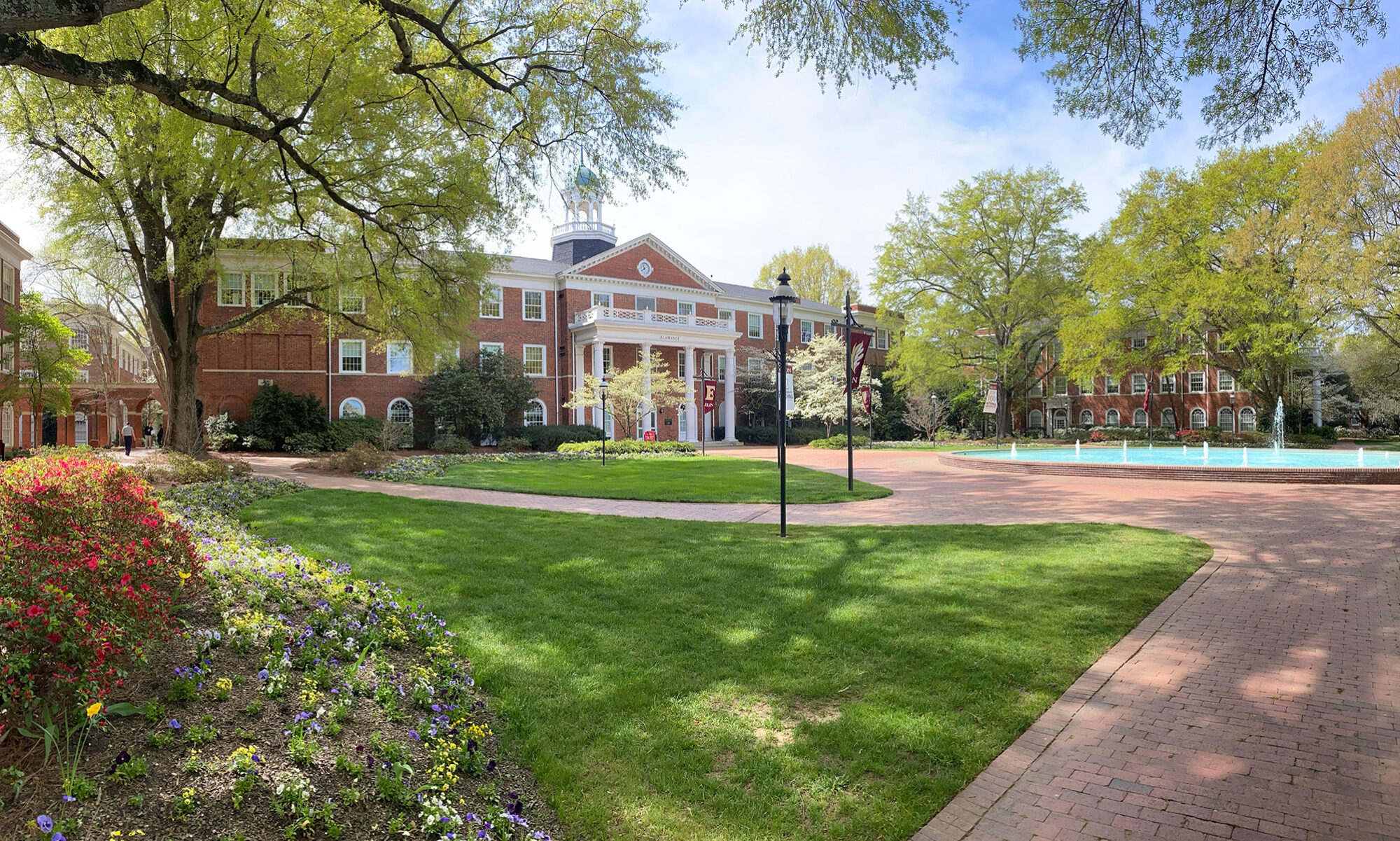The Periclean Class of 2016 finally had its first official meeting yesterday, on August 28! While I had met much of our class at the Periclean events last year and communicated by email with them over the summer it was, for me, a great pleasure to really sit in the same room, see their faces, hear their voices, and, most importantly, absorb their thoughts and perspectives. There were a lot of parts of the class which were enjoyable, such as playing introductory games, or productive, such as thinking about committees, but what struck me most of all were our discussions about our syllabus.
We worked together to talk about a draft syllabus which the wonderful Professor Post had created for us, first in small groups and then as an entire class. The whole process of deciding on what we wanted the class to be was thought-provoking and interesting, but what seemed most significant to me was our discussion about grading class discussions and the role of leadership. On the original syllabus, one of the qualities listed as belonging to an “A” student was, “play a leading role in class discussion.” It seems like a solid sentiment, but in both my smaller group and as a class, we thought there could be negative impacts from maintaining such a guideline.
For one, not every person can be a leader, and it’s just as much anarchy to have everyone trying to lead as it would be to have no one leading. And, of course, this choice would mean a lot of speaking for sake of speaking, or rather for the sake of obtaining good grades, likely causing a decline in substance and number of participants. Moreover, we worried that the jostling for leadership roles could cause a competitive class environment, and in a group where cooperation is of utmost importance, we certainly do not want that as part of our relationships with one another. Finally, accounting for only talkative, fast-thinking leaders leaves out others who are just as intelligent and dedicated, but don’t have the same learning and communication styles.
All of this got me thinking about the types of individuals and leaders we are trying to foster as Periclean Scholars. It seems to me that fostering the strong, individualistic type of leadership which the word “leader” first draws to mind has already created a great deal of damage in the field of service work, especially when working across cultures. A leader who is very confident in her ideas and used to guiding initiatives from the forefront could also become caught up in the act of leading at the expense of not hearing vital community input. The lack of communication with local populations has already caused myriad service projects to work inefficiently or to address only marginally pressing issues, which is a trend we would do better to move away from than perpetuate.
It’s not, of course, that there is something inherently wrong with this specific type of leadership. In fact, confidence and the ability to take initiative in organizing people and discussions are invaluable skills. The issue, to me, would be that these cannot be the only skills our leaders have. How could we possibly work well with a community by initiating conversations about our ideas and what we think is best for that community? What could possibly qualify us for that? After having read a single book on Honduras and having one class meeting, I would venture the answer is “not very much at all.”
No one starts out a leader. Before being able to effectively lead, you have to be able to effectively learn. You can act like a leader, but without the substance and information provided by those who know more or have more relevant experiences, the quality of that leadership is questionable at best. As Periclean Scholars, our ultimate goal is to work with our community partners by listening to their concerns and collaborating with them. It seems to me there’s a lot we have to learn from them before we’re ready to lead anyone. Why, then, would we want to practice at being aggressive leaders from the start? We need role models of informed and effective leadership from both within and outside the communities we work in. Is it possible that to be the best leaders we can be, we first have to learn to be followers?


 Follow
Follow
Casey, thank you for being first to author a blog for our class! We’re official now!! And I have to agree. The discussion on the syllabus was invaluable for me. I think it’s a great example of how getting feedback on our writing can be so beneficial. As a result of our discussion, I also reworded the class participation statement on a syllabus for my other classes! I was also excited to hear you all talk about ways to make the scholars program more visible on campus. You all had some great ideas. Looking forward to the semester.